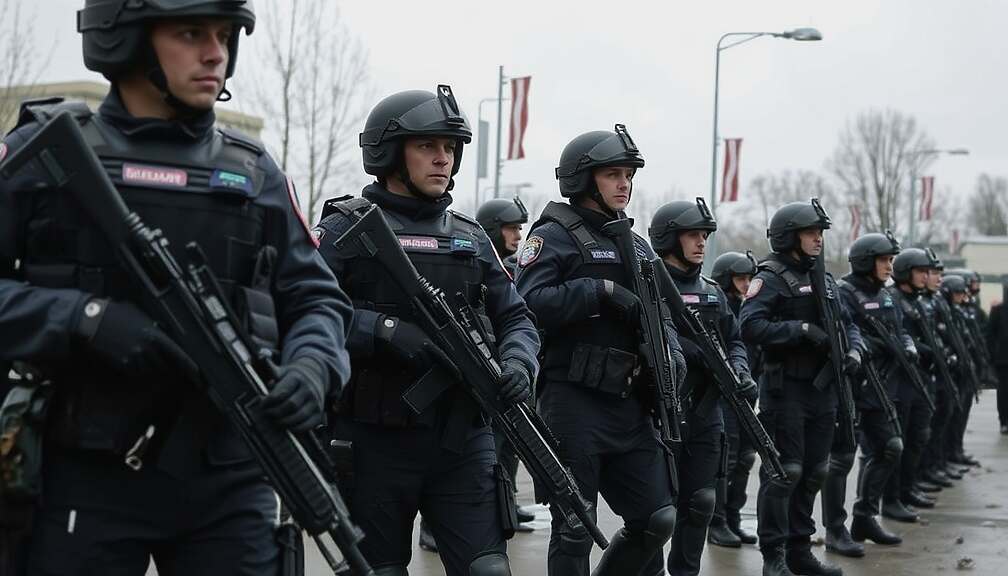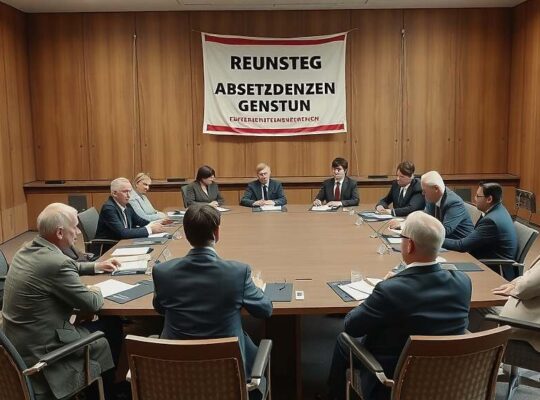The German government is escalating its response to a surge in unauthorized drone activity with the immediate implementation of a comprehensive drone defense plan, spearheaded by Interior Minister Alexander Dobrindt. The move, framed as a critical component of addressing evolving hybrid threats, signals a significant shift in Germany’s security posture and raises questions about the scope and potential implications of the measures.
Driven by a rapidly increasing number of reported illegal drone flights, Dobrindt characterized drones and cyberattacks as “a danger of the new hybrid threat” emphasizing the government’s determination to “equip itself decisively against digital threats online and against the drone threat from the air”. The plan represents a substantial investment of €100 million for immediate deployment, encompassing radar detection systems, jamming technology and specialized interceptor drones designed to identify and neutralize potential risks proactively.
The Interior Ministry has mandated that the Federal Police actively “track down, intercept and shoot down” unauthorized drones, a directive that provokes debate regarding potential overreach and the implementation of proportionate responses. While proponents highlight the necessity of safeguarding critical infrastructure, including airports, the capital and sensitive government facilities, critics express concern about the potential for civilian casualties and the erosion of privacy rights.
A new dedicated drone defense unit, comprised of 130 additional police personnel, is slated to become operational as early as December. Deployed in a decentralized fashion across key locations, these units will be supported by helicopter-based capabilities, enabling nationwide responsiveness.
The rapid rollout of this plan has also triggered a broader discussion amongst legal experts and civil liberties organizations. Questions are being raised about the legal framework governing drone interception and neutralization and the potential for mission creep beyond explicitly defined security threats. The long-term impact of this aggressive approach on public trust and the balance between national security and individual freedoms, remains a critical area for scrutiny as the program unfolds.












